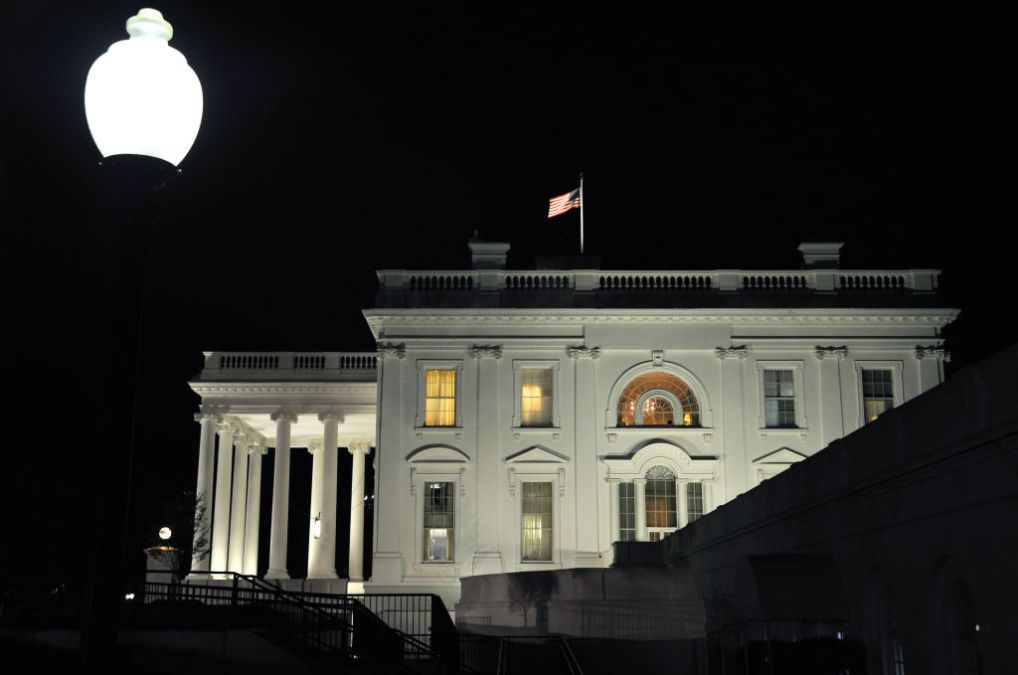White House looks to ramp up global presence for critical and emerging tech standards

The White House is leaning into the global competition on critical and emerging technology, releasing a strategy document Friday focused on engaging with standards stakeholders and agency actions.
The U.S. Government National Standards Strategy for Critical and Emerging Technologies (USG NSSCET) outlines short-term actions from the federal government, such as tracking and evaluating current CET “standards education grants and programs that promote, foster and remove barriers to U.S. stakeholder participation in national and international standards activities,” according to a fact sheet that accompanied the release of the strategy. Additionally, the government is looking to provide “strong and sustained funding for CET [research and development] in pre-standardized coordination” as part of the long-term efforts.
The USG NSSCET roadmap outlines four objectives: to sustain integrity and inclusivity, increase investment, broaden participation, and enhance the workforce.
As part of the strategy, the Departments of Commerce and State will collaborate with private sector leaders, such as the American National Standards Institute, to “engage international partners with an aim to promote this approach globally.”
Critical and emerging technologies “have been designated by the administration as potentially significant to U.S. national security, including economic security and the defense of democratic values,” the fact sheet states. “Recognizing the strategic value of CETs, our competitors abroad are seeking to influence international standards development to their own advantage, placing at risk leadership opportunities for U.S. innovators and industry and access to quality products and services that benefit all.”
The fact sheet pointed to agency examples for strengthening competition, innovation and national and economic security through “standards-related policies and actions,” including the Department of Energy’s National Laboratories that “provide critical input to new standards” in various areas including artificial intelligence, high-performance computing and more.
Additionally, Commerce’s National Institute of Standards and Technology would establish and operate a Standardization Center of Excellence, with a focus on pre-standardization engagement and workforce capacity building. The public-private partnership would also include an information and data-sharing hub and a collaborative pilot program on CETs.
The White House said in May that the U.S. does not have a “seat at the table” for setting international R&D infrastructure governance due to funding pitfalls. The following month, Office of Science and Technology Policy Director Arati Prabhakar emphasized those financial shortcomings, calling the lack of funding something “we continue to be concerned about.”



